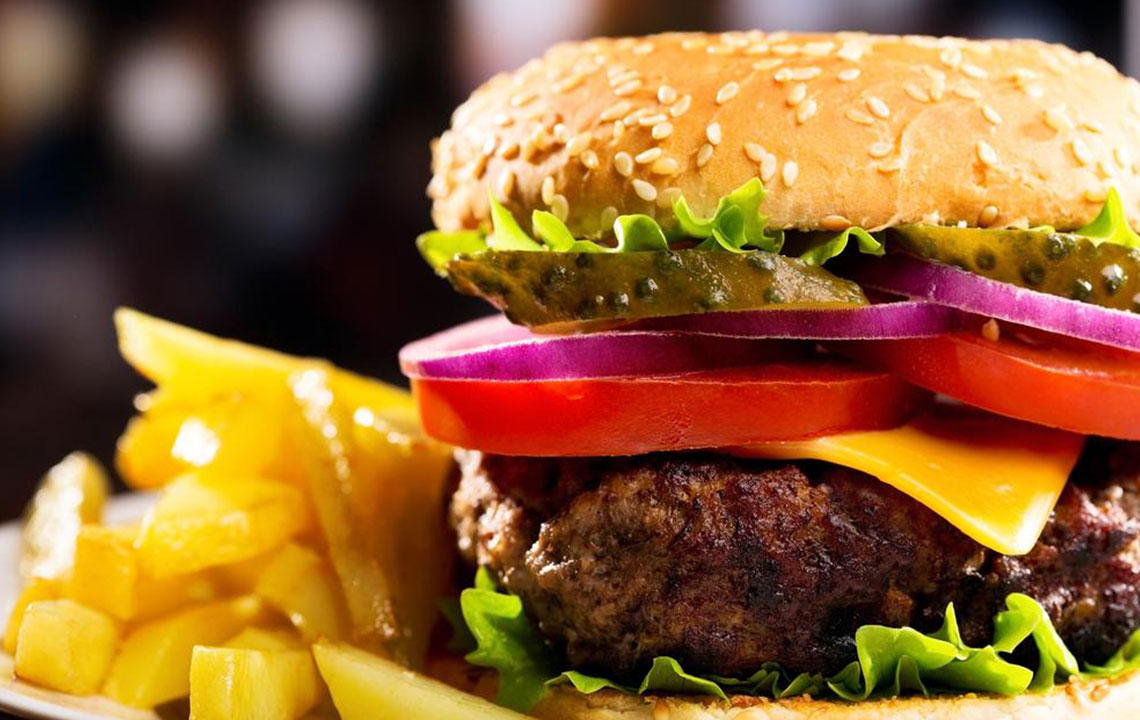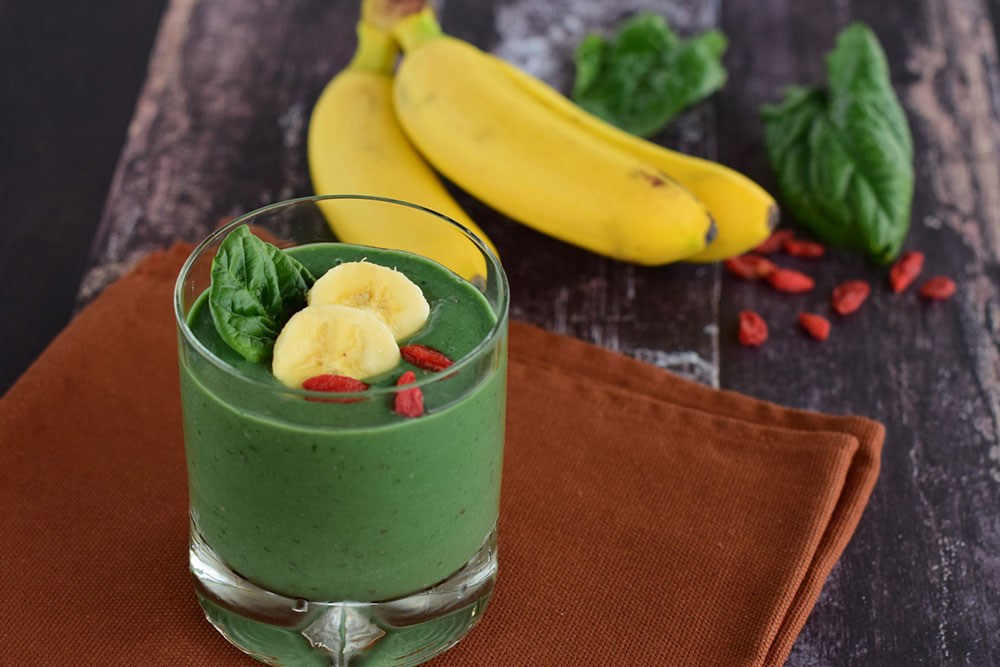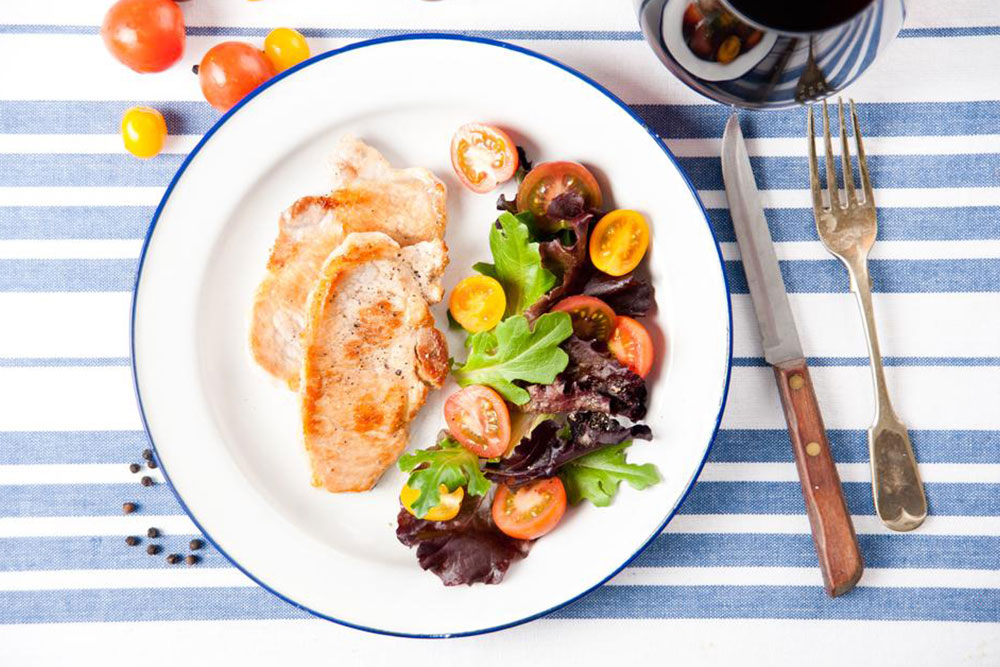Managing Diet and Lifestyle for Gout Relief
This article offers comprehensive guidance for gout management through dietary and lifestyle modifications. It highlights foods to limit, consume in moderation, or avoid completely, emphasizing the importance of balanced nutrition and regular exercise. Proper diet choices can help reduce uric acid levels, alleviate joint pain, and prevent gout flare-ups. Whether dealing with gout or aiming to prevent its onset, understanding suitable foods and lifestyle habits is essential for effective management and improved quality of life.

Managing Diet and Lifestyle for Gout Relief
Gout is a type of arthritis that affects joints and bones, causing significant pain and difficulty in movement. It occurs when high uric acid levels in the blood lead to crystal formation around joints, resulting in inflammation. Normally, excess uric acid from purines in food is excreted through urine. However, when uric acid breakdown is impaired, it accumulates, leading to gout symptoms such as joint pain, swelling, and warmth. Proper diet and lifestyle adjustments are essential for managing this condition effectively.
To control gout, it’s crucial to limit foods rich in purines that increase uric acid levels. Organ meats like liver, kidneys, and brain should be eaten sparingly or avoided altogether. Large quantities of red meats and game meats also contribute to excess purines and should be limited. Spicy, rich gravies and sauces can accelerate crystal formation, worsening joint pain.
Foods to Consume Occasionally
Some foods contain moderate purines and can be enjoyed in small amounts. Fish such as salmon and other seafood, excluding high-salt varieties like sardines and mackerel, are acceptable. Freshwater fish and fatty fish high in omega-3s support joint health. Incorporate oats, wheat bran, and wheat germ into your diet regularly, as they are low in purines and beneficial in moderation.
Foods to Strictly Avoid
Avoid heavy, greasy, and salty foods to reduce gout risk. This includes certain oceanic fish with high purine content and alcohol consumption, especially beer, which raises uric acid levels significantly. Refined grains like white bread and processed oils should be minimized. Nut varieties such as peanuts, which are difficult to digest and high in purines, should also be limited to prevent flare-ups.
Incorporate Gout-Friendly Foods
Include low-purine foods like dairy products and eggs in your diet. Yogurt is an excellent choice as it provides calcium without excessive calories. Consuming these foods regularly helps lower uric acid levels and supports overall joint health.
Maintain a Healthy Calorie Intake and Exercise
Managing weight and calorie consumption is vital in controlling gout. Avoid overeating and focus on balanced nutrition. Regular physical activity aids in maintaining optimal weight and reduces the frequency of gout attacks. Combining diet control with exercise can significantly improve your condition and quality of life.










